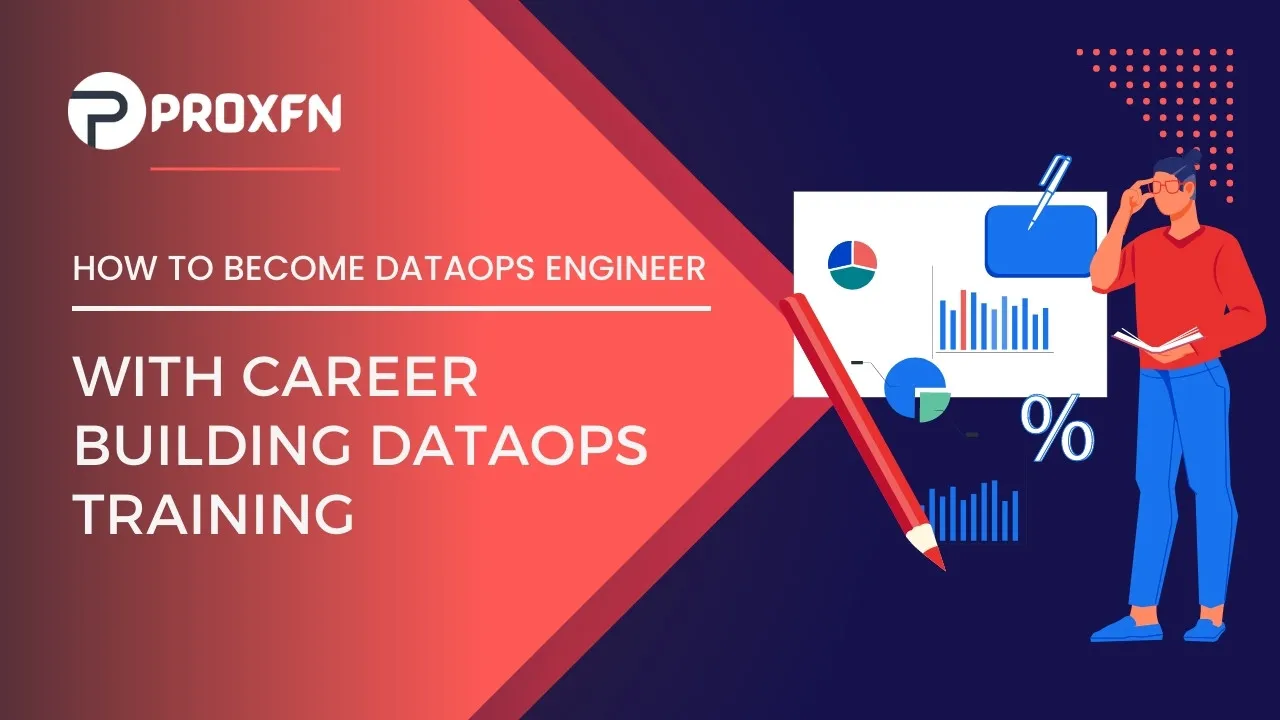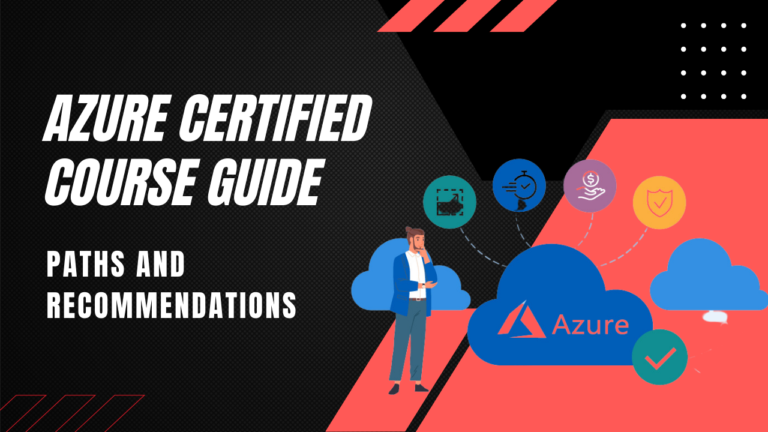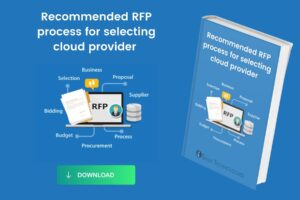As technology continues to advance at an unprecedented rate, the demand for skilled professionals in the field of data management and operations has soared. One such highly sought-after role is that of a DataOps Engineer.
If you’re intrigued by the prospects of working with data and optimizing its flow within an organization, embarking on a career as a DataOps Engineer might just be the perfect fit for you.
In this article, we will explore the path to becoming a DataOps Engineer through career-building DataOps training.
Understanding the Role of a DataOps Engineer
Before delving into the training aspect, let’s gain a comprehensive understanding of what it means to be a DataOps Engineer. A DataOps Engineer is responsible for designing, implementing, and managing the data pipelines that ensure the smooth flow of data between different systems and stakeholders.
They collaborate closely with data scientists, analysts, and other professionals to ensure the availability, reliability, and security of data infrastructure.
DataOps Training: Building the Foundation
To kickstart your journey as a DataOps Engineer, it is crucial to acquire the necessary skills and knowledge. DataOps training programs provide a solid foundation for mastering the key concepts, tools, and techniques required in this field.
Here are some essential aspects that effective DataOps training should cover:
1. Data Management Fundamentals
A strong grasp of data management principles is vital for a DataOps Engineer. Training programs should cover topics such as data governance, data quality, data integration, and data modeling.
Understanding these fundamentals will enable you to handle data effectively and ensure its integrity throughout its lifecycle.
2. Database Technologies and Tools
Proficiency in various database technologies and tools is essential for managing data efficiently. Training should include hands-on experience with popular databases such as MySQL, Oracle, and MongoDB.
Additionally, familiarity with data integration tools like Apache Kafka and ETL (Extract, Transform, Load) processes is highly advantageous.
3. Cloud Platforms and Services
As organizations increasingly adopt cloud computing, DataOps Engineers must be well-versed in cloud platforms and services. Training programs should provide insights into major cloud providers such as Amazon Web Services (AWS), Microsoft Azure, and Google Cloud Platform (GCP).
Acquiring knowledge of cloud-based data storage, processing, and analytics solutions will greatly enhance your capabilities as a DataOps professional.
4. Automation and DevOps Practices
Automation plays a vital role in the efficient management of data pipelines. DataOps training should emphasize the use of automation tools like Ansible, Jenkins, and Kubernetes.
Furthermore, understanding DevOps practices, including version control systems like Git and continuous integration/continuous deployment (CI/CD) pipelines, is essential for seamless collaboration with development and operations teams.
Transitioning from Training to Career
Once you have completed your DataOps training and acquired the necessary skills, it’s time to transition into a successful career as a DataOps Engineer.
Here are a few steps to help you make the most of your training and secure employment in this thriving field:
1. Showcase your Projects
During your training, engage in hands-on projects that demonstrate your ability to apply DataOps principles in real-world scenarios.
Build a portfolio showcasing these projects to present to potential employers. This will give them a tangible glimpse of your capabilities and set you apart from other candidates.
2. Networking and Professional Communities
Leverage networking opportunities within the data community to connect with professionals already working in the field. Join online forums, attend industry conferences, and engage in conversations on platforms like LinkedIn.
Active participation in professional communities can open doors to mentorship, job opportunities, and valuable industry insights.
3. Continuous Learning and Growth
DataOps is a rapidly evolving field, so it’s essential to embrace a mindset of continuous learning. Stay updated with the latest trends, technologies, and best practices through industry publications, blogs, and online courses.
Upskilling yourself will enhance your professional growth and make you a valuable asset to any organization.
Conclusion
Becoming a DataOps Engineer requires a blend of technical expertise, problem-solving skills, and a passion for working with data.
By embarking on a career-building journey through effective DataOps training, you can equip yourself with the necessary knowledge and skills to excel in this dynamic field.
Remember to stay curious, never stop learning, and embrace the ever-evolving world of DataOps.





